Protein is having a moment, and for good reason. While carbs and fats are vitally important, protein is the macro that should be prioritized for those in pursuit of muscle.
"If you want to live a long time, lift heavy weight."
-Gary Brecka
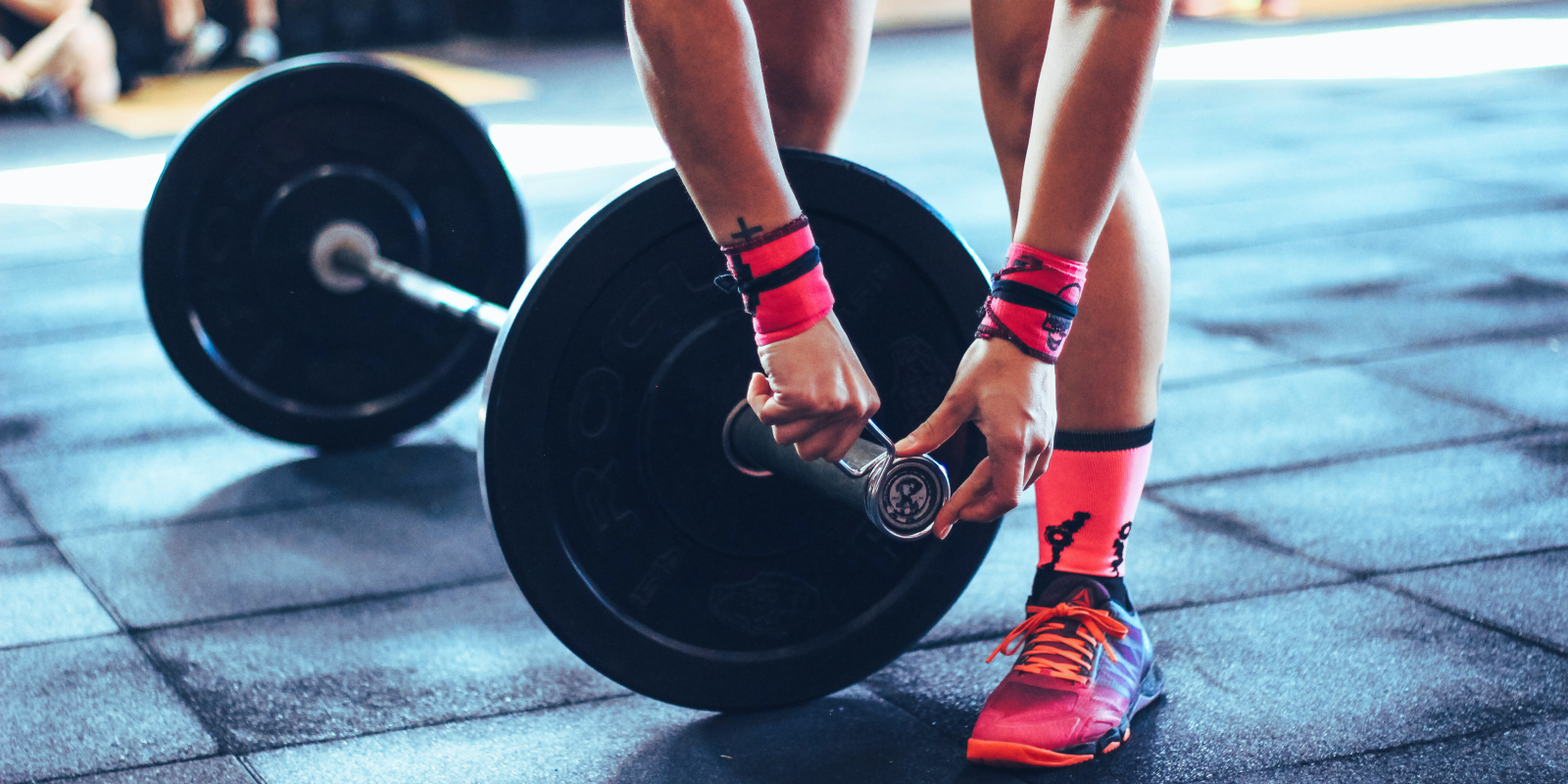
How Protein Works in the Body
When you eat protein, the amino acids in it are distributed to the areas most in need, such as the muscle tissue. This is where muscle protein synthesis occurs (MPS). MPS is the process of amino acids repairing and replenishing the muscle tissue so that it can become stronger and bigger. MPS is a key reason why consuming fast-acting protein right after a strenuous workout is important.
In general, a diet high in protein may help to reduce daily caloric intake due to it being satiating. It increases the levels of certain hormones whose function is to make you feel full. It decreases the levels of hormones that make you feel hungry. Protein also increases the levels of amino acid in the blood, which can also cause you to feel full.
As you can see, protein is beneficial for metabolic health, and can help with losing weight because of its impact on the hormones that control hunger and satiety.
Hitting Your Daily Protein Needs
Research reveals that 1 out of 3 older Americans are falling short on their protein intake. (Ref: https://www.eurekalert.org/news-releases/483772)
The standard recommendation for adults is modest, at .35 grams of protein per pound. Consuming more than that is wise if you:
- Wish to maintain muscle as you age
- Are trying to build muscle
- Are trying to lose fat
- Are active
Keep in mind that just like any macronutrient, it’s possible to overdo it. This results in excess calories, which can lead to weight gain.
Sarcopenia is the medical term for the loss of muscle mass and strength that’s the result of getting older. As we age, it becomes more difficult (but not impossible) to build and maintain muscle. One way to combat sarcopenia is to increase your daily protein intake. This, combined with strength training, is the best defense against age-related muscle decline.

Dr. Stacy Sims - a leading researcher in women's performance - recommends that active women should consume around 1 - 1.1 grams of protein per lb of bodyweight daily. And according to Men's Health, active men should also aim for roughly 1 gram per lb of bodyweight.
Quality Matters: Complete Vs. Incomplete Protein
Out of the 20 amino acids that make up the proteins in the human body, 9 of them are essential. Essential means our bodies cannot produce them on our own and must be brought on board through the food we eat.
Complete proteins contain all 9 essential amino acids. Incomplete proteins do not.
Examples of complete proteins:
- Eggs
- Fish
- Poultry
- Beef
- Dairy
- All Mt. Capra Protein Powders
- Plant-based sources including quinoa, buckwheat, blue-green algae, hempseed, soybeans
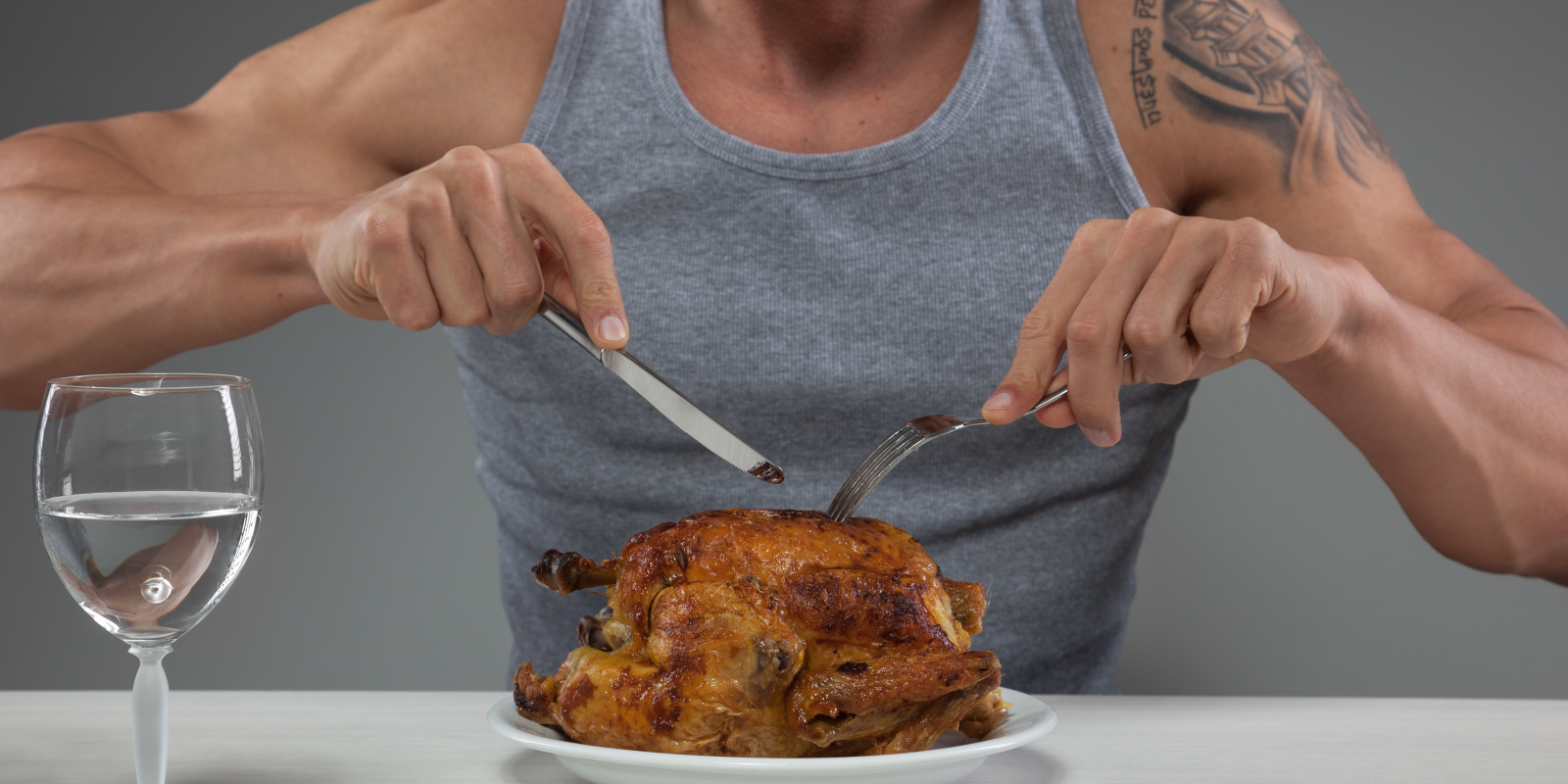
Incomplete proteins can be combined to create complete proteins:
- Nuts and seeds + whole grains/rice
- Beans + nuts and seeds
- Beans + whole grains
Your body needs all the amino acids in the right amounts to function well. Signs you may not be getting enough protein are:
- Low energy
- Ravenous appetite
- Slow wound healing
- Prolonged muscle soreness
- Muscle weakness / difficulty building muscle
- Weak immune system
- Brittle hair

Timing Matters: Pre- and Post-Workout Protein
Eating the wrong thing before exercise, or eating too much or too little, can make your workout miserable. And failing to refuel correctly after a training session can have multiple negative consequences.
There are several factors that can help you determine the optimal pre- and post-workout nutrition for you:
- Type and Intensity - High intensity training and endurance sessions require different fueling strategies.
- Time of Day - Your workout schedule affects when and what to eat.
- Individual Factors - Your age, sex, and unique physiology plays a role in your nutritional needs.
"Fuel for the task at hand," as Dr. Stacy Sims wisely advises. A pre-workout snack of about 150 calories of protein and carbs can make all the difference. Heading into a workout under-fueled (or in a fasted state) can limit your performance. This is especially true for women in their 40s and older. Without proper fuel, you may struggle to reach target weights, heart rate zones, and overall workout goals, leaving you short of the desired stimulus. Don't sabotage your workout by under-fueling!
Not sure where to start? Choose foods that are light, easy to digest, and energizing.
Pre-Workout Snack Ideas:
- Coffee with collagen protein and a touch of maple syrup
- Banana with nut butter
- Protein shake with berries
- Sweet potato and egg
"Proper nutrition is the difference between feeling exhausted and getting the most out of a workout."
-Summer Sanders, former Olympic swimmer
After a tough workout, your body enters a catabolic (breakdown) state. Without proper refueling during the catabolic window, your body might start breaking down lean muscle tissue instead of building it back up stronger. Men have a generous catabolic window of about 3 hours. Women have just 30-60 minutes.
For women, it's especially critical not to delay eating after a workout. If you withhold food for too long, your brain registers low energy and targets the muscle you just worked so hard to build.
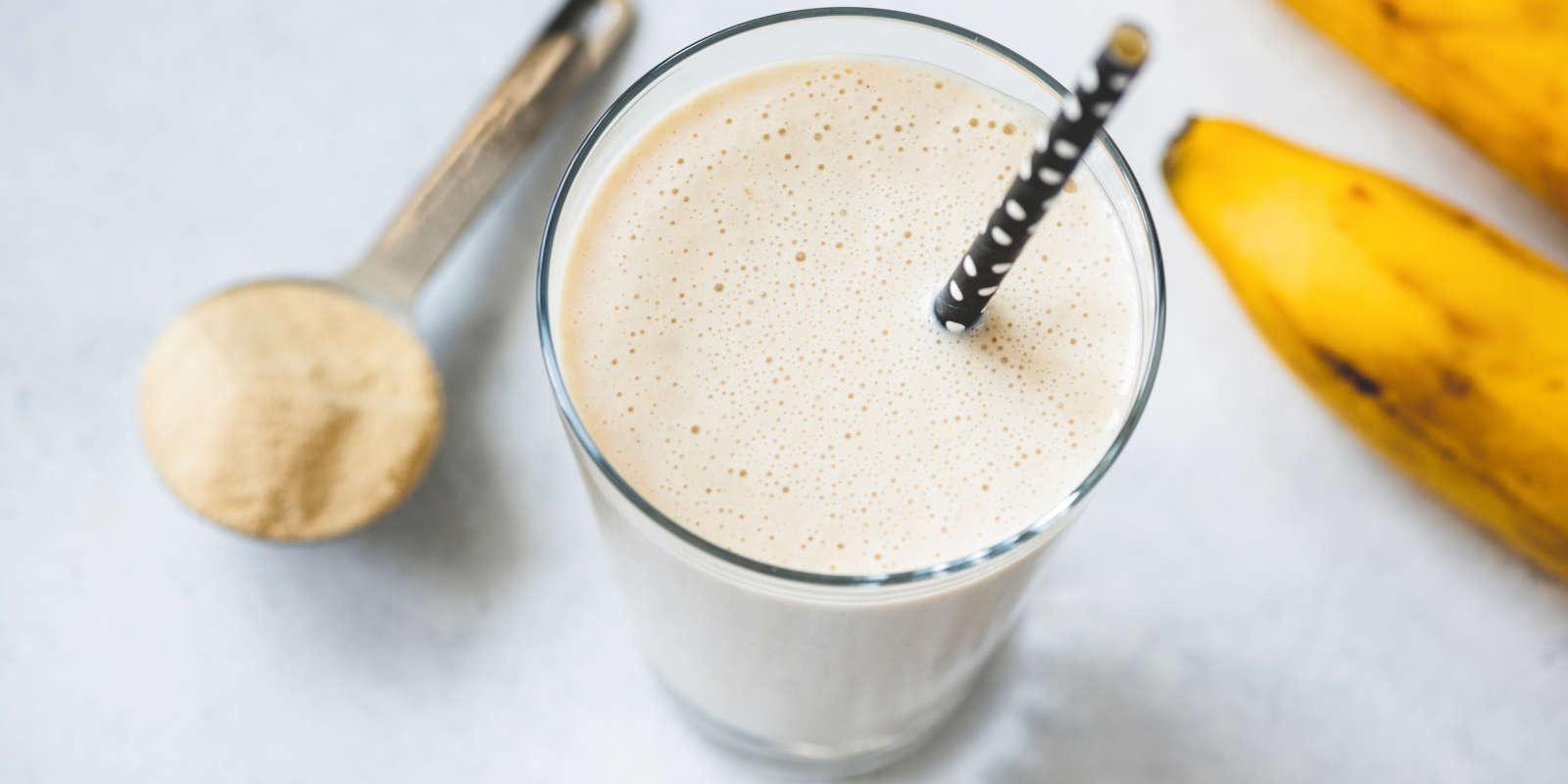
A scenario where protein powders shine is right after a workout. I don’t know about you, but I can’t stomach “real” food post-workout. I’d rather sip on a fast-digesting protein shake on the drive home than try and choke down some chicken drummies.
Post-Workout Snack Ideas:
- 2 scoops Clean Whey Protein + 2 scoops Clean Recovery
- PB and J on whole grain
- Greek yogurt with banana and granola
Overnight Success: Tip for Waking Up Stronger
Casein is a type of protein. It's one of the two types (casein and whey) that make up the protein component of milk. Casein is digested slowly, and provides a steady release of amino acids over time (including high levels of the amino acids that promote muscle repair), making it ideal to consume before bed. Our bodies do most of our muscle repair while we're sleeping. Plus, when we aren't actively eating, casein assists in the prevention of muscle breakdown.
Try a scoop or two of casein before bed on days when you lift heavy! Casein's dense texture lends it to working well in a smoothie.
Mt. Capra's line of Whole Proteins contain 80% casein and 20% whey.
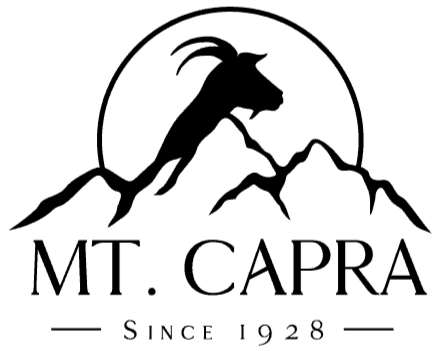
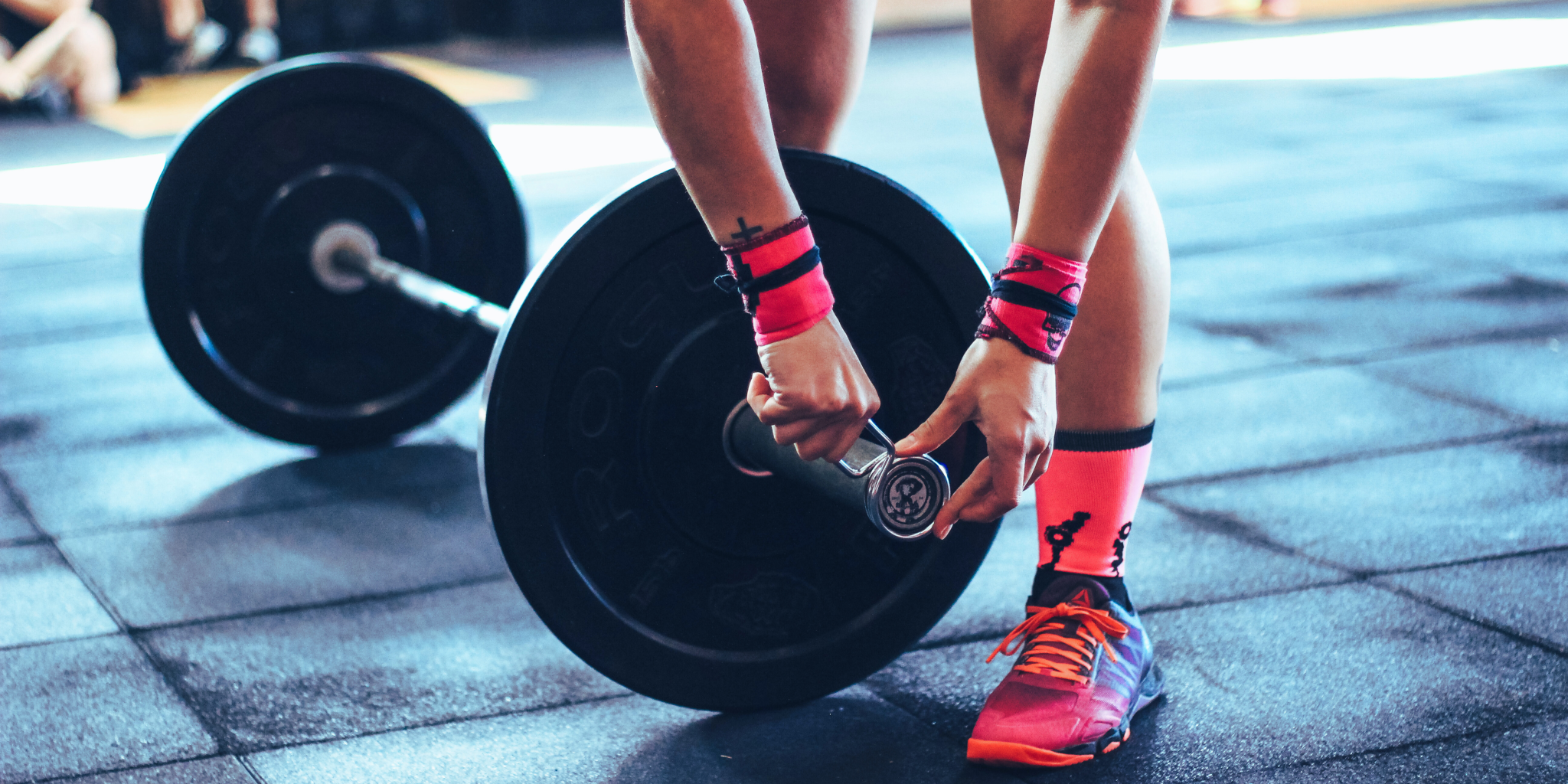
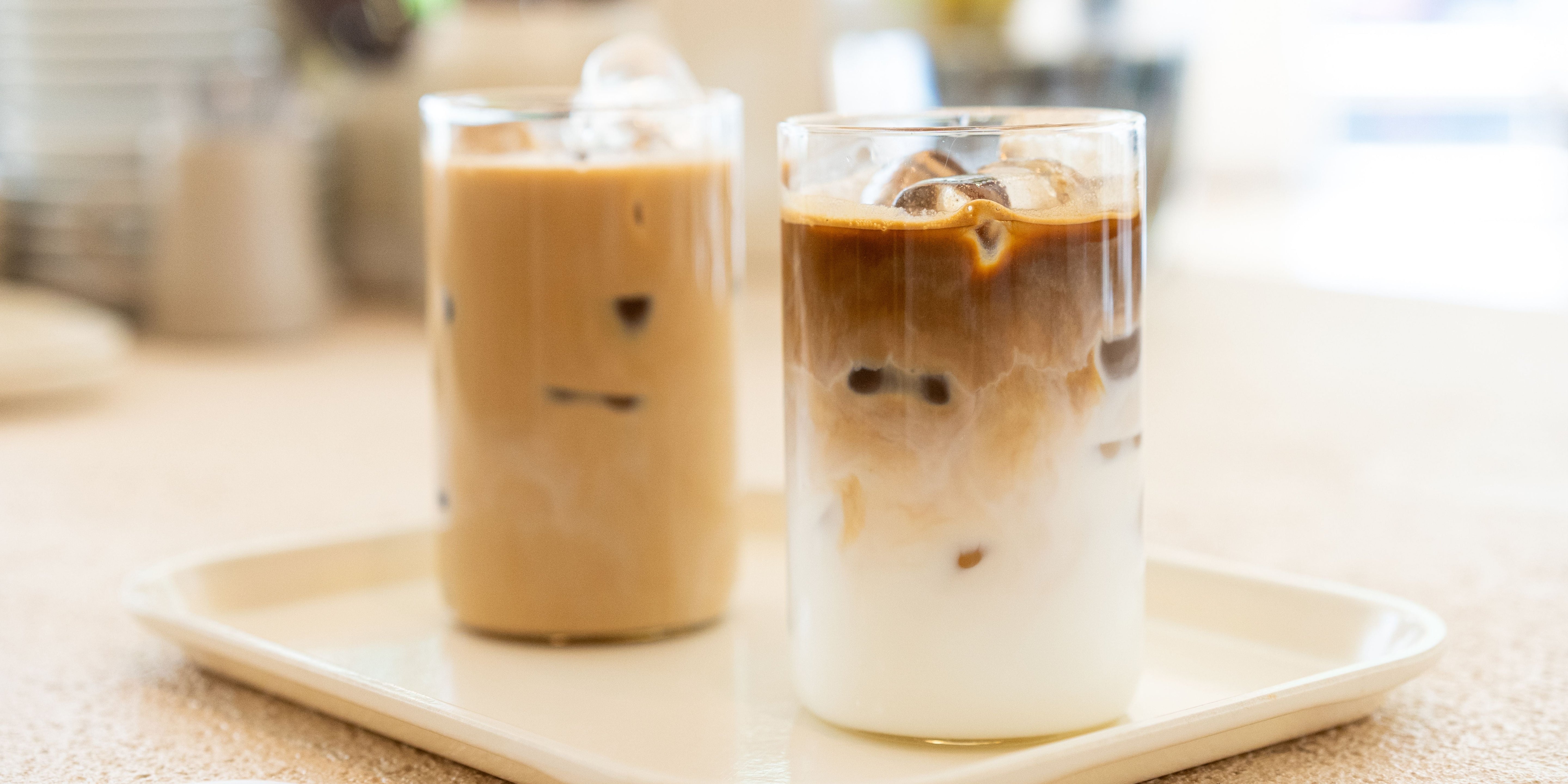

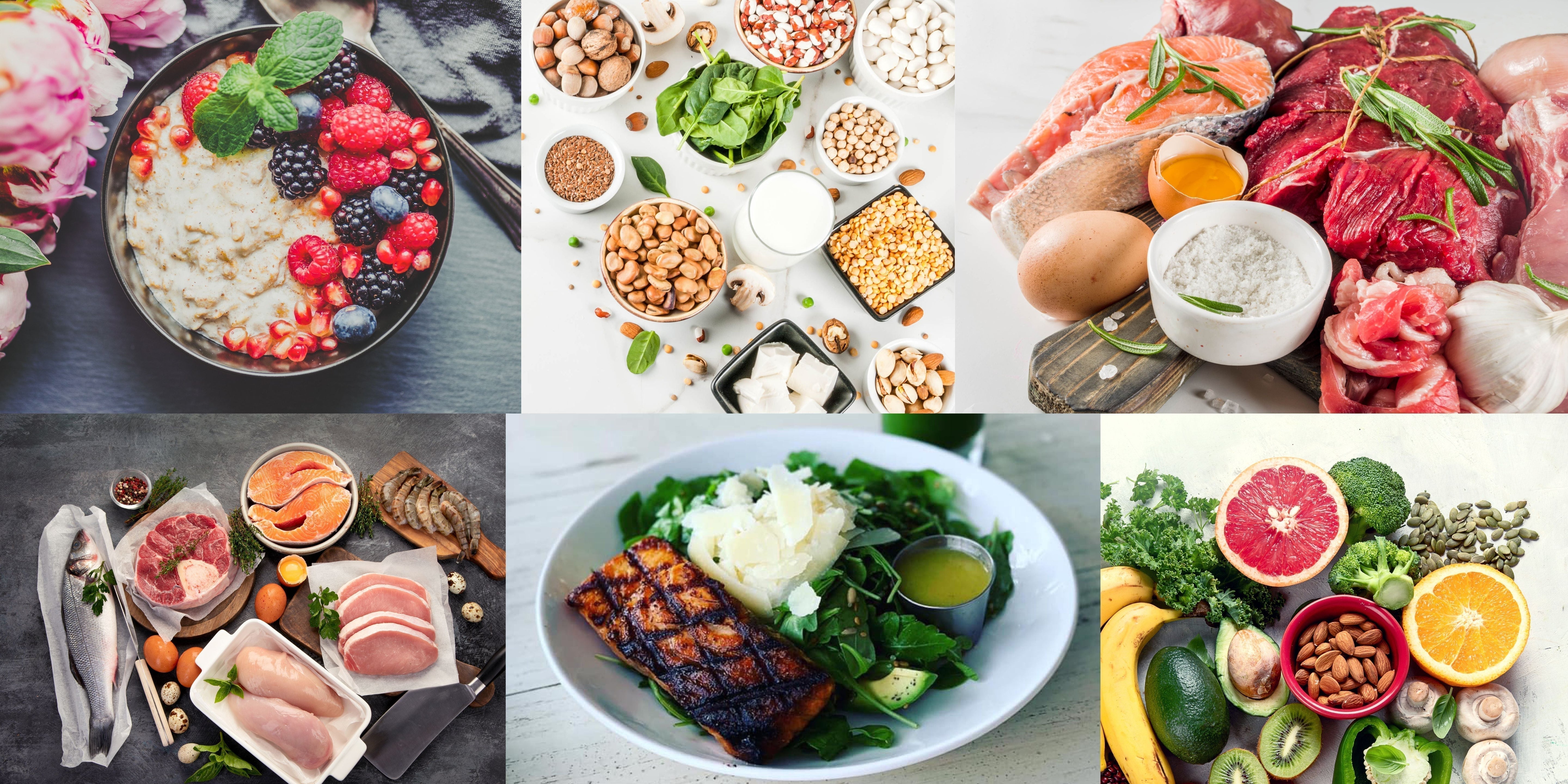
Share:
Cultivating Capable Kids: Fitness and Protein for Youngsters
Improve Your Healthspan with Exercise